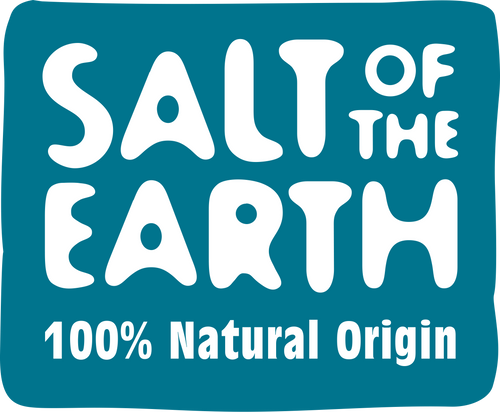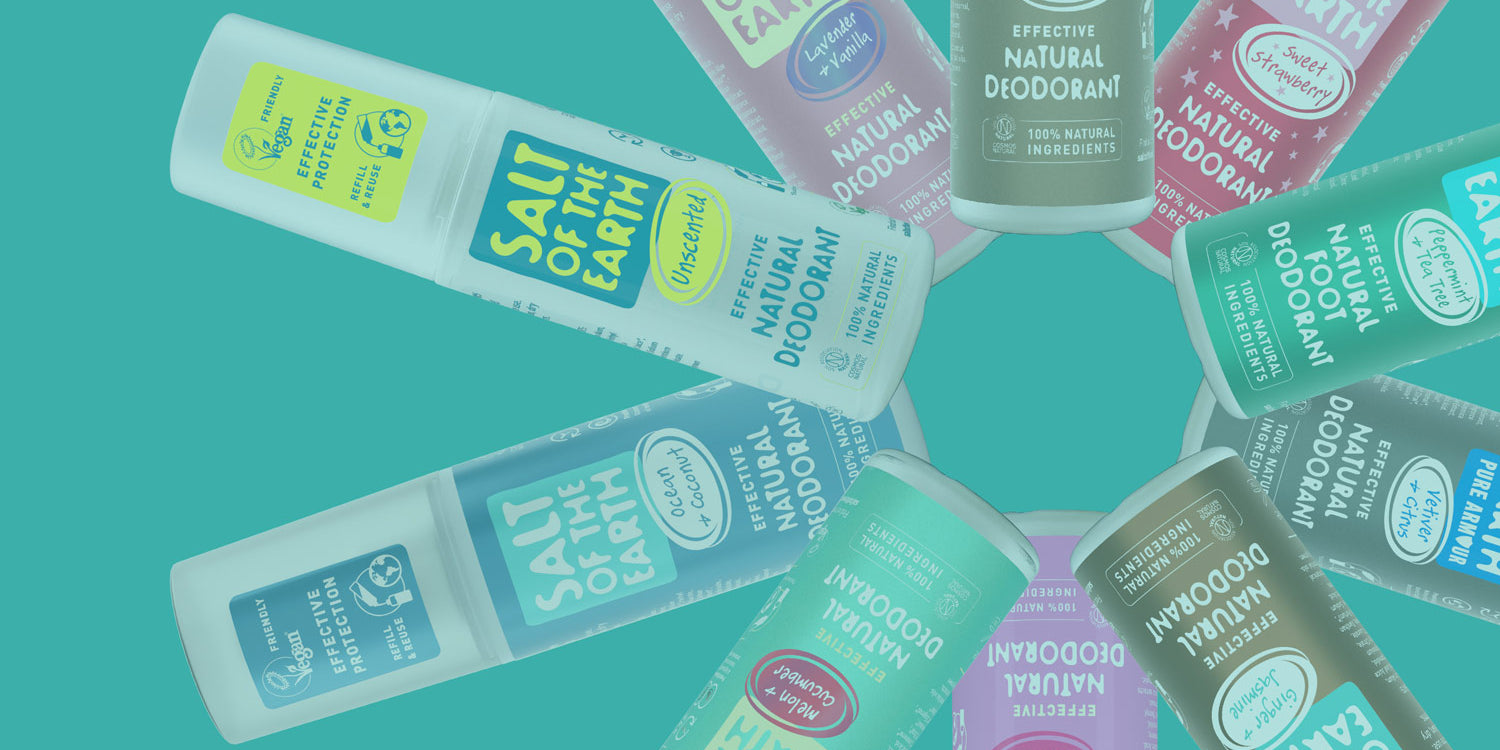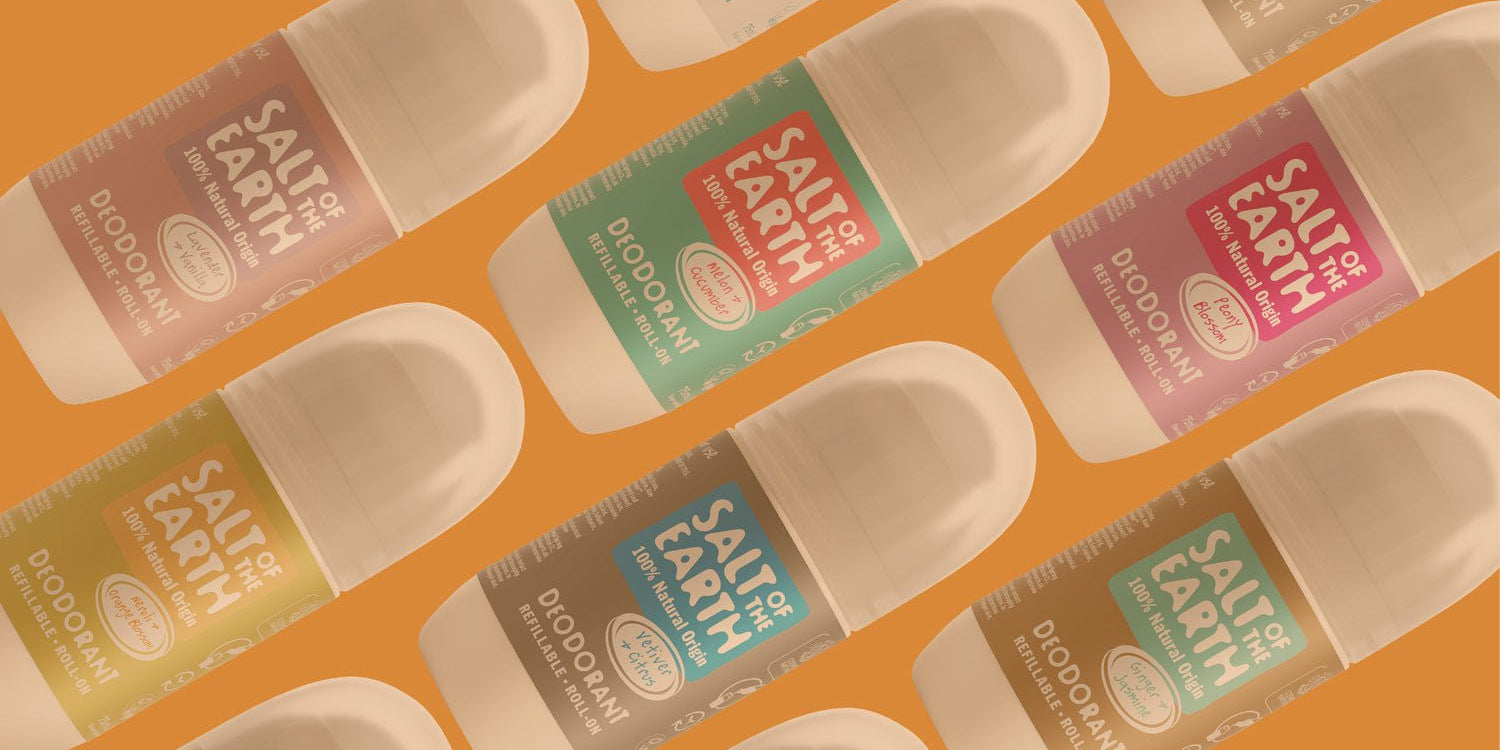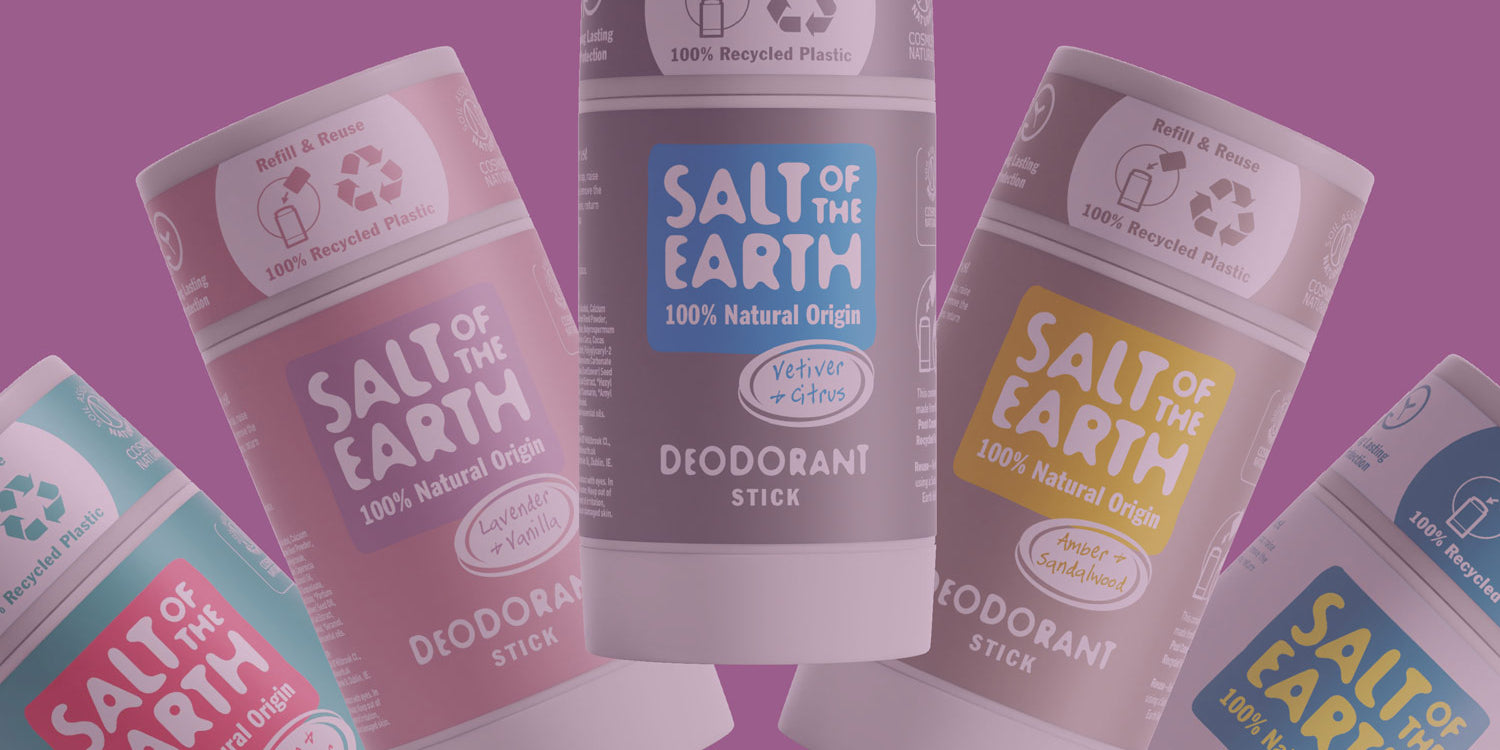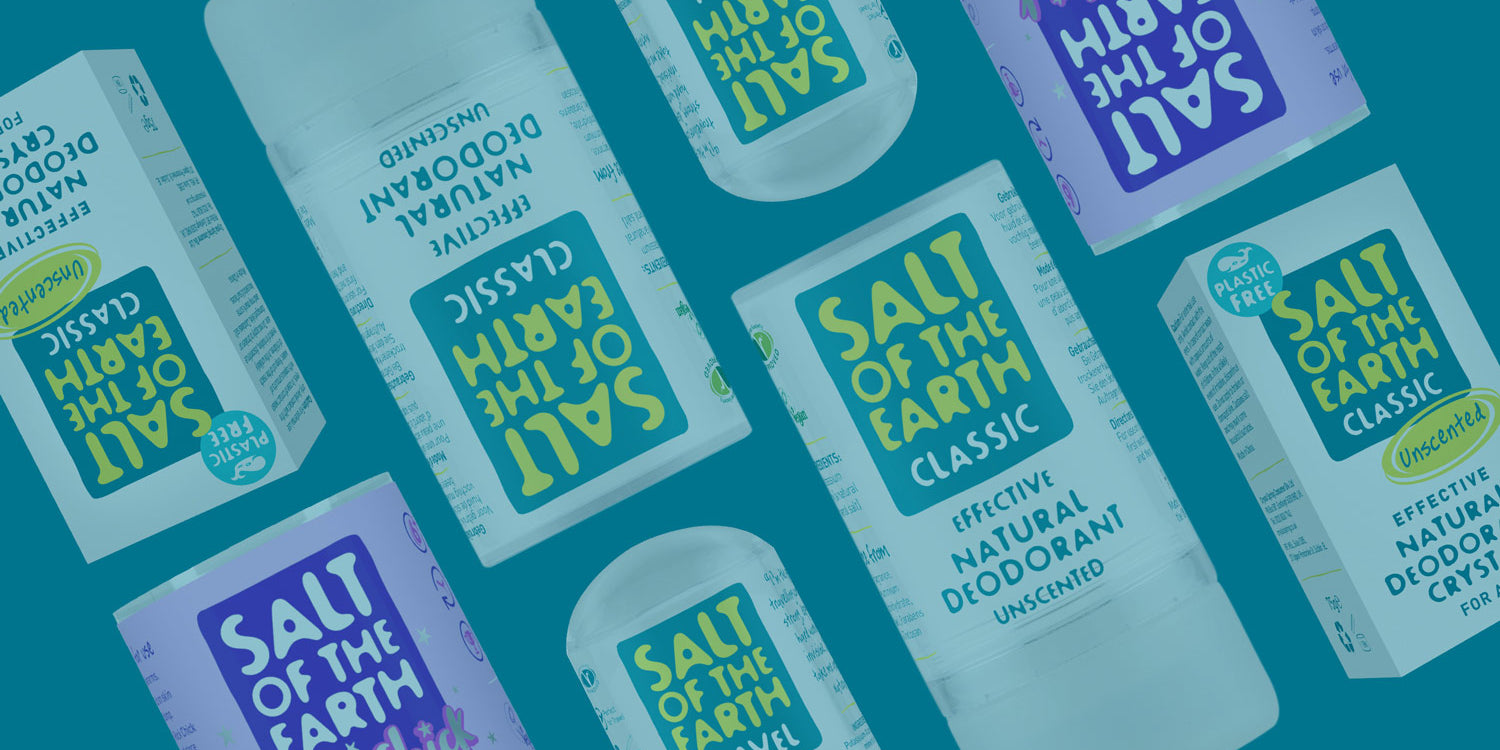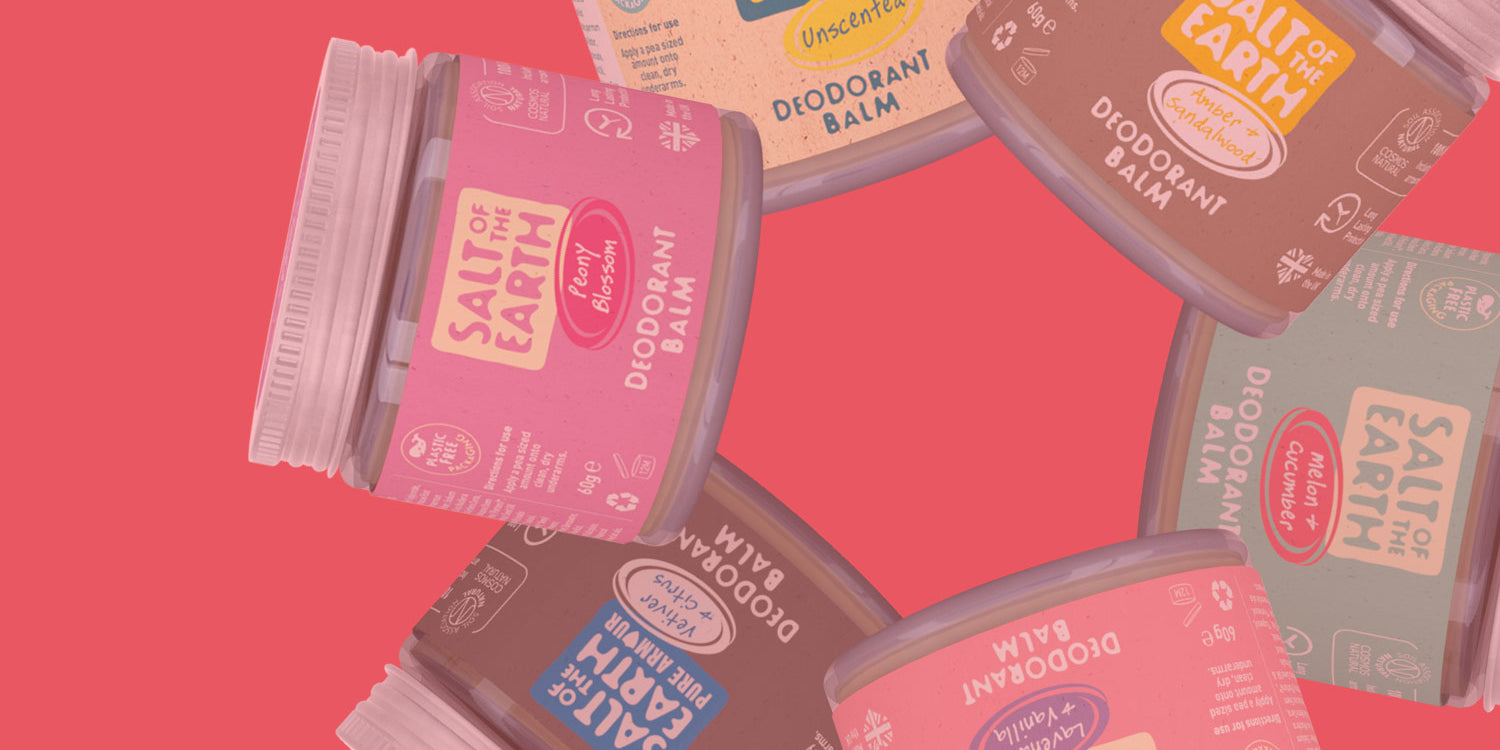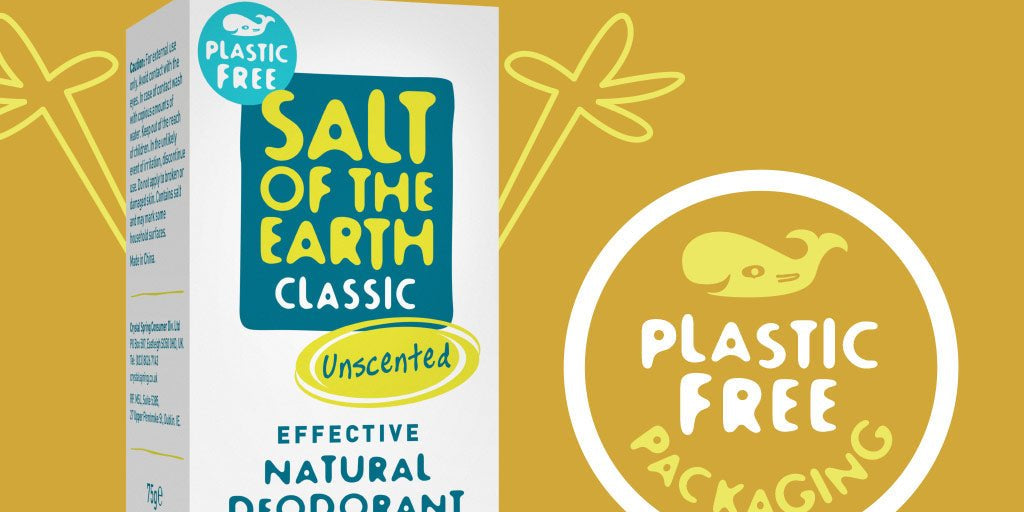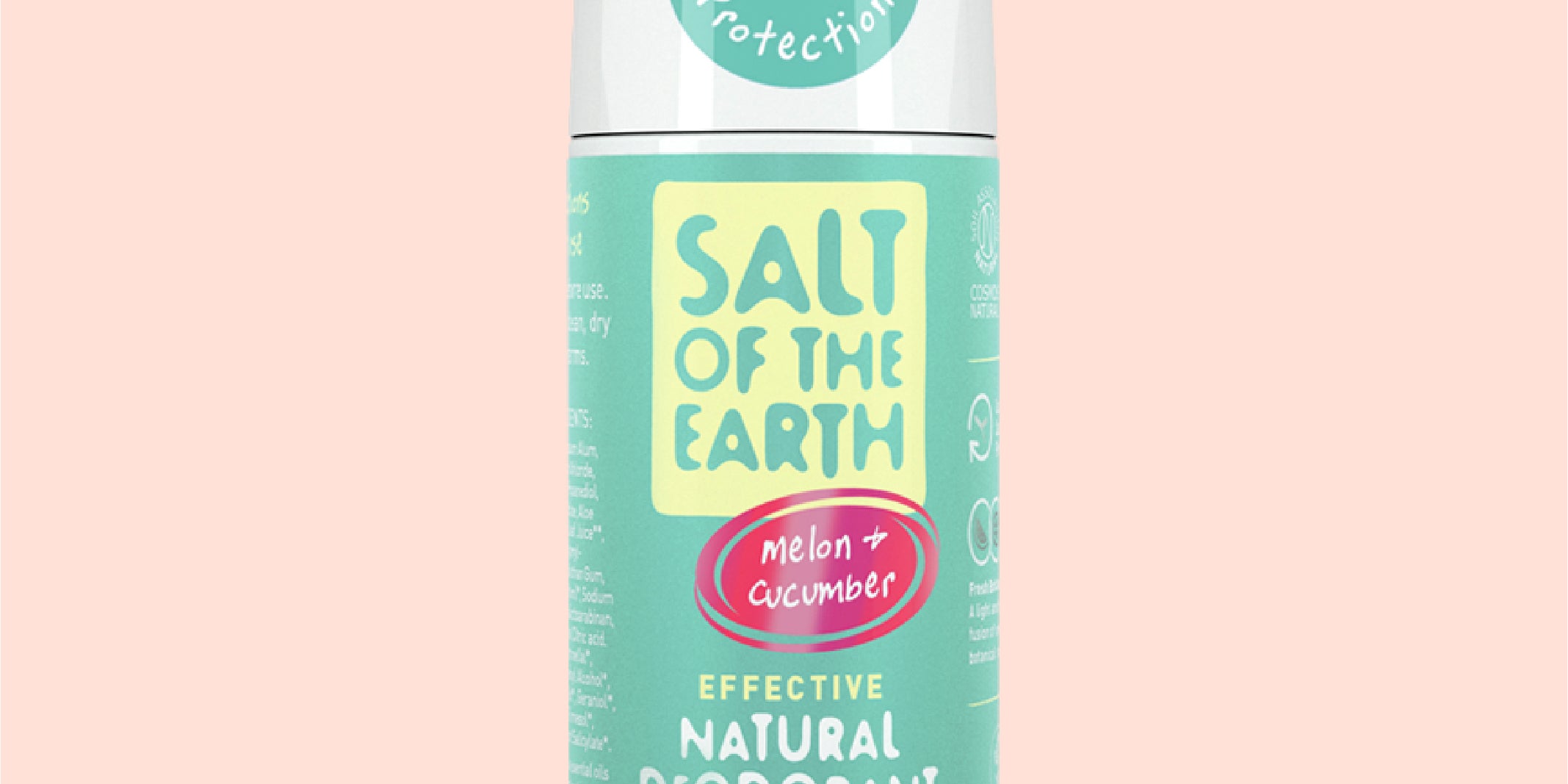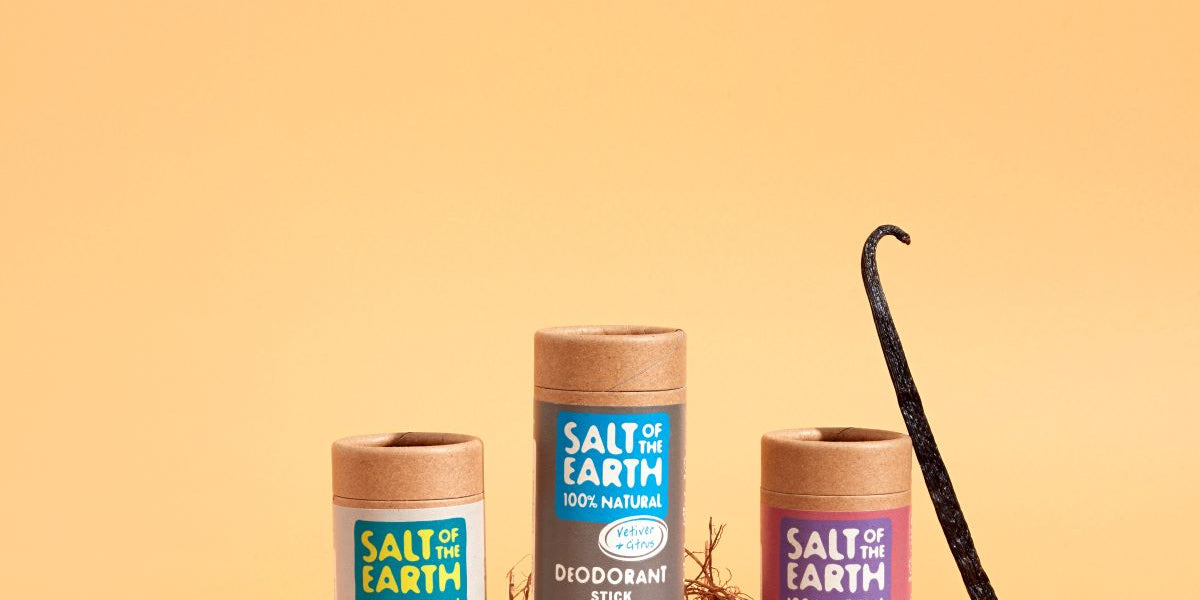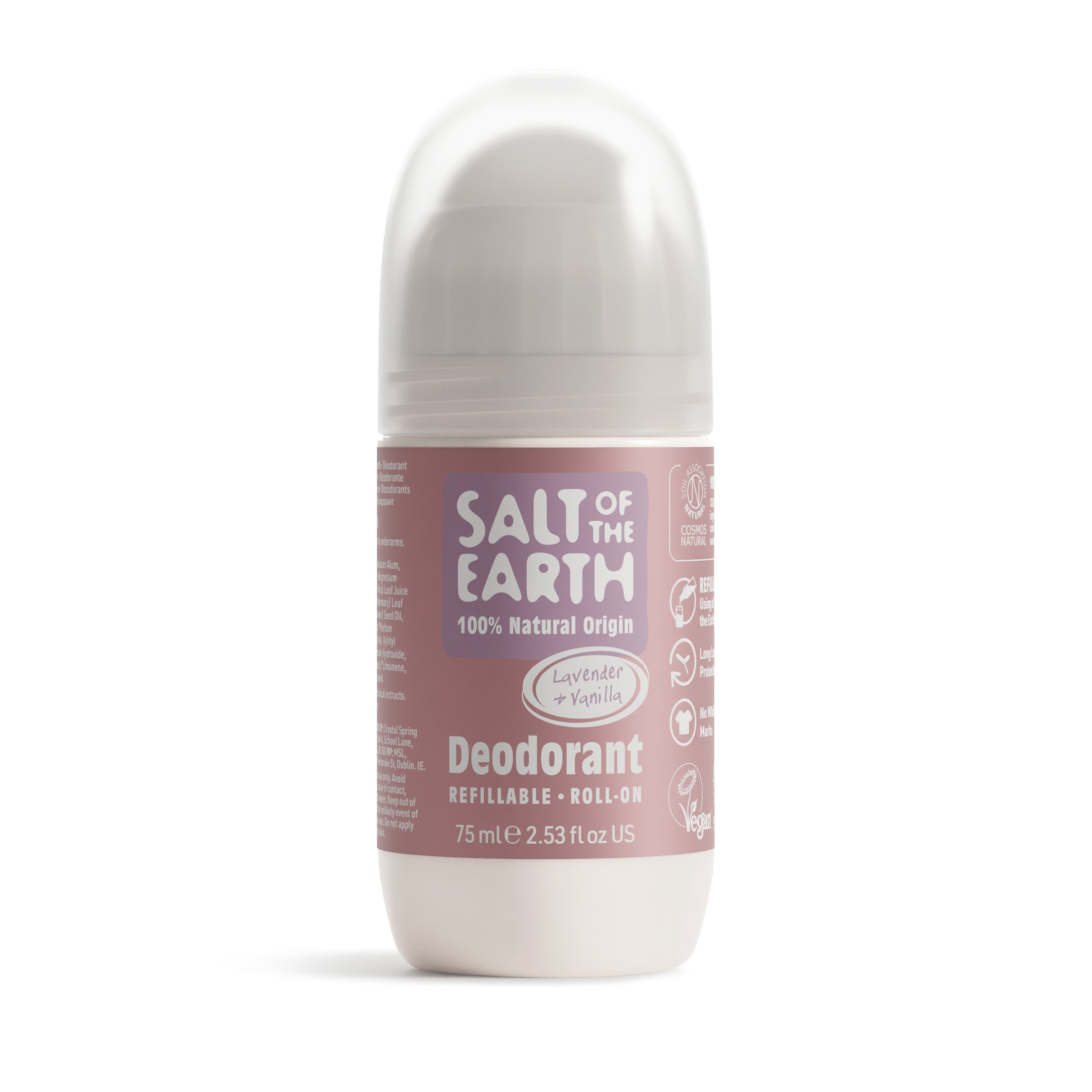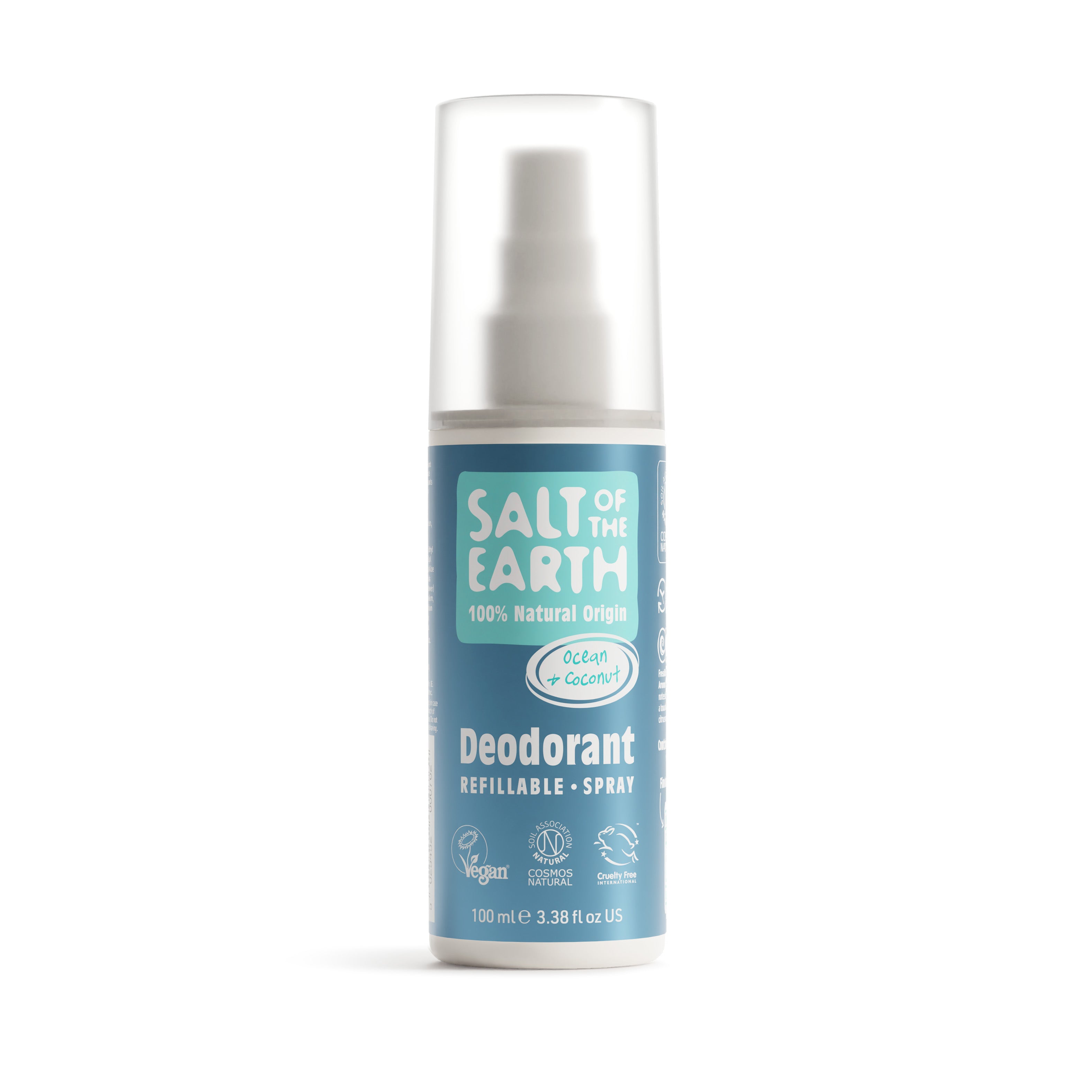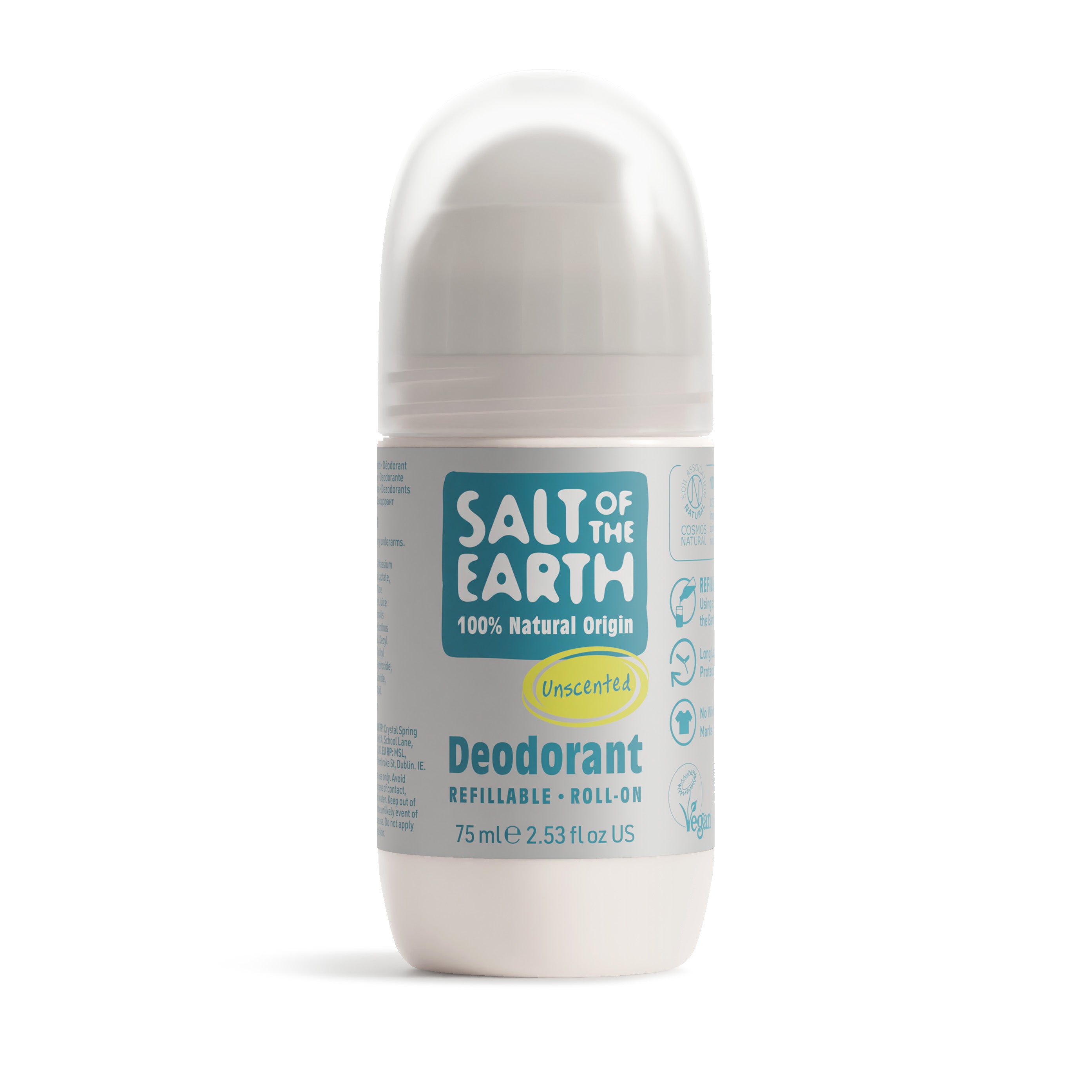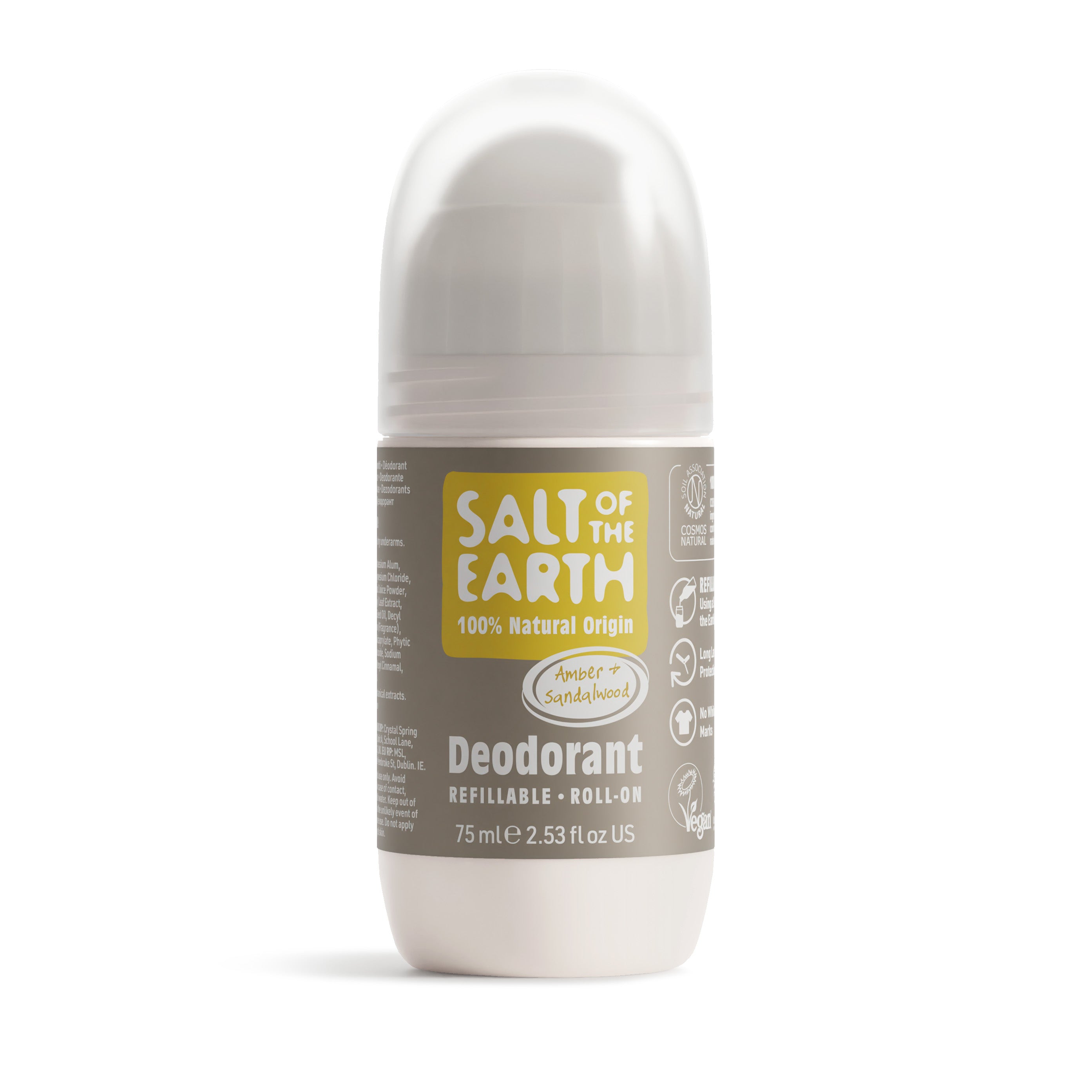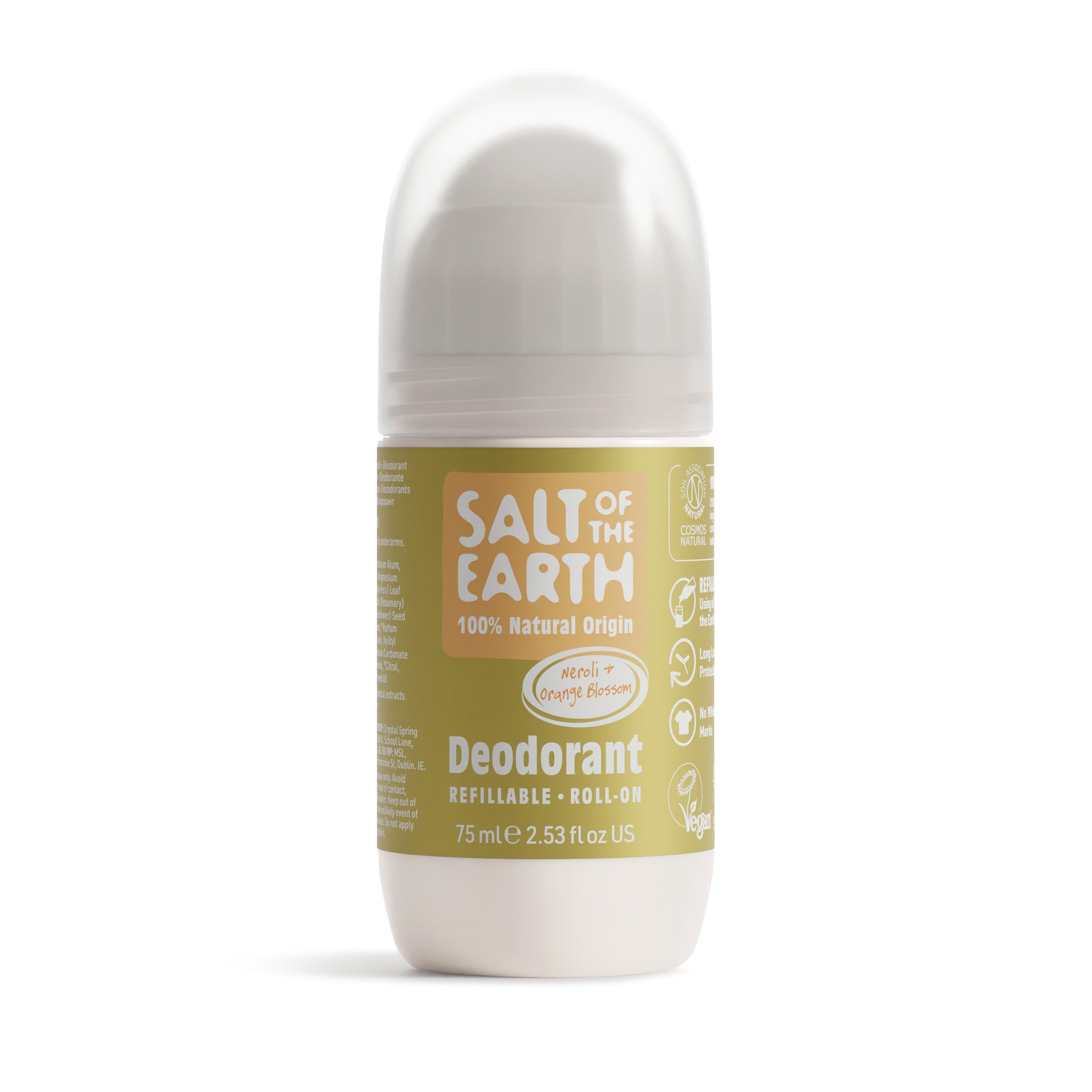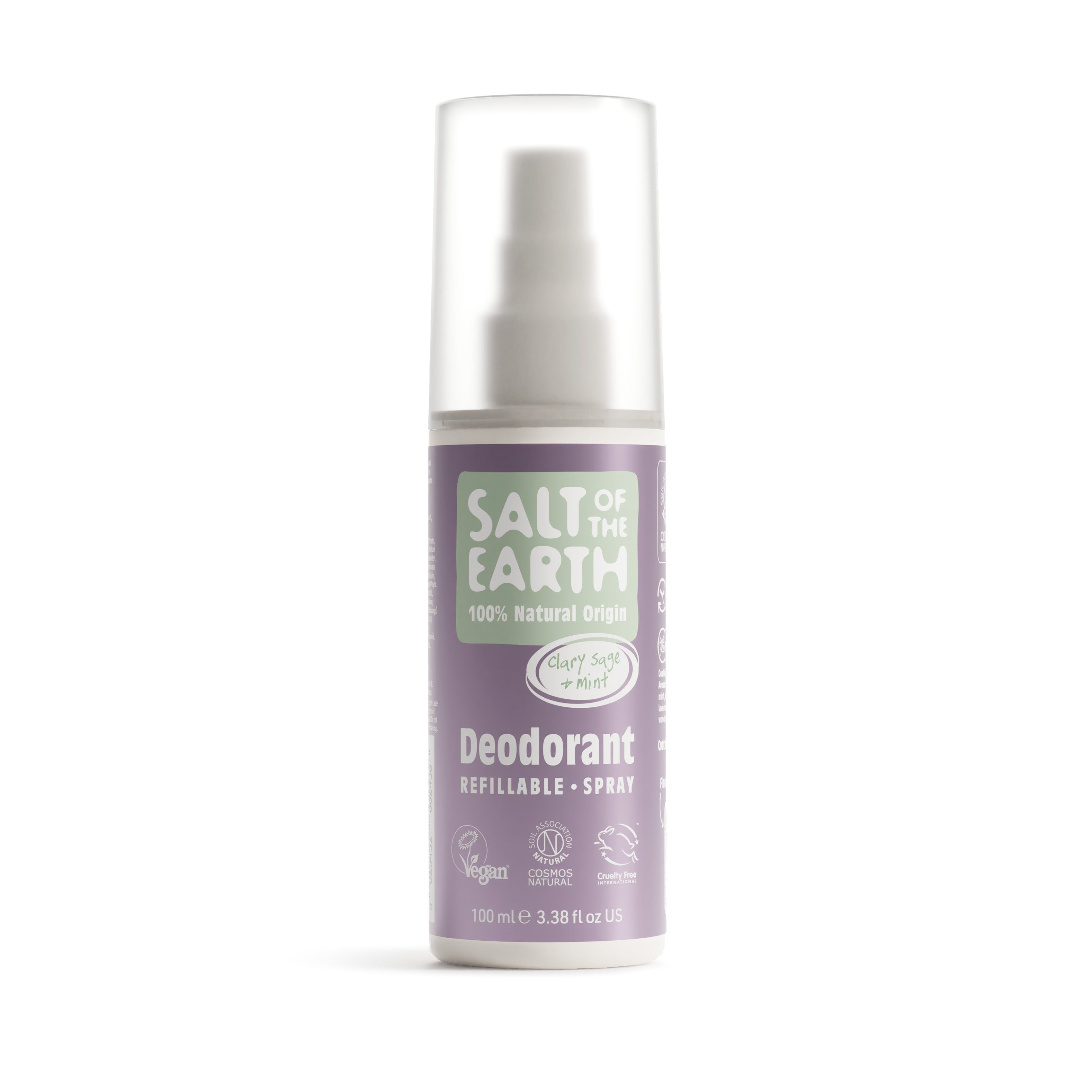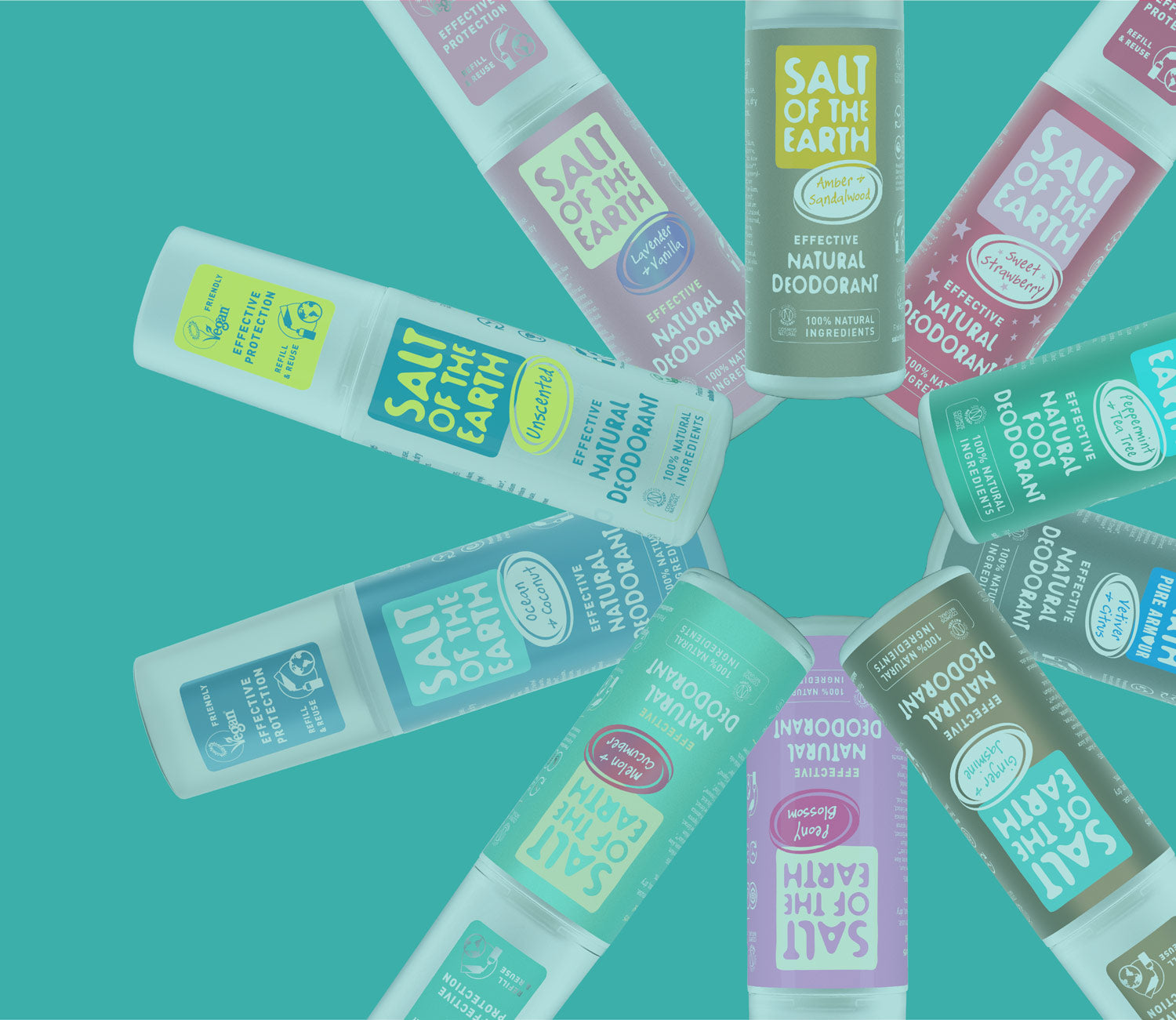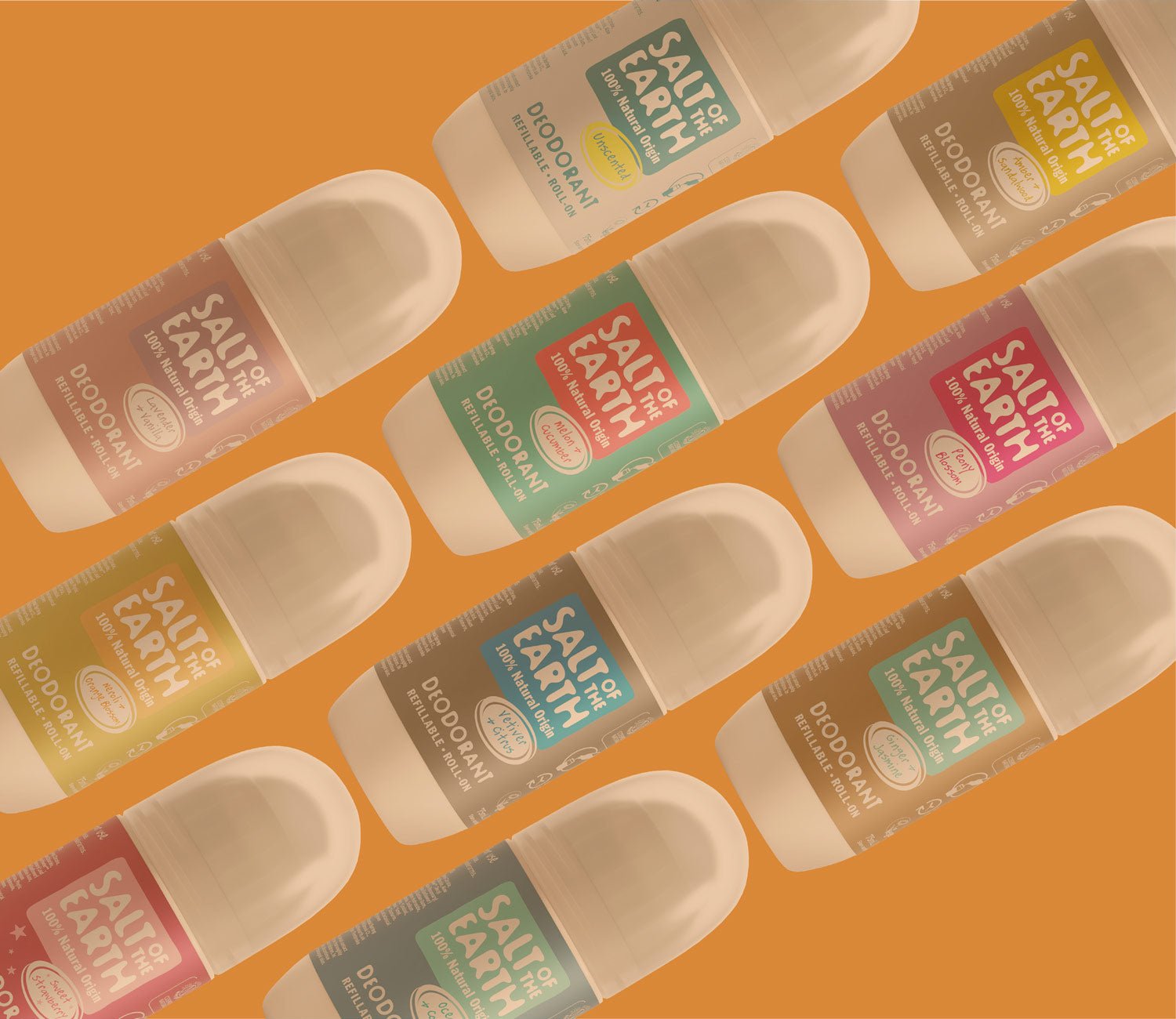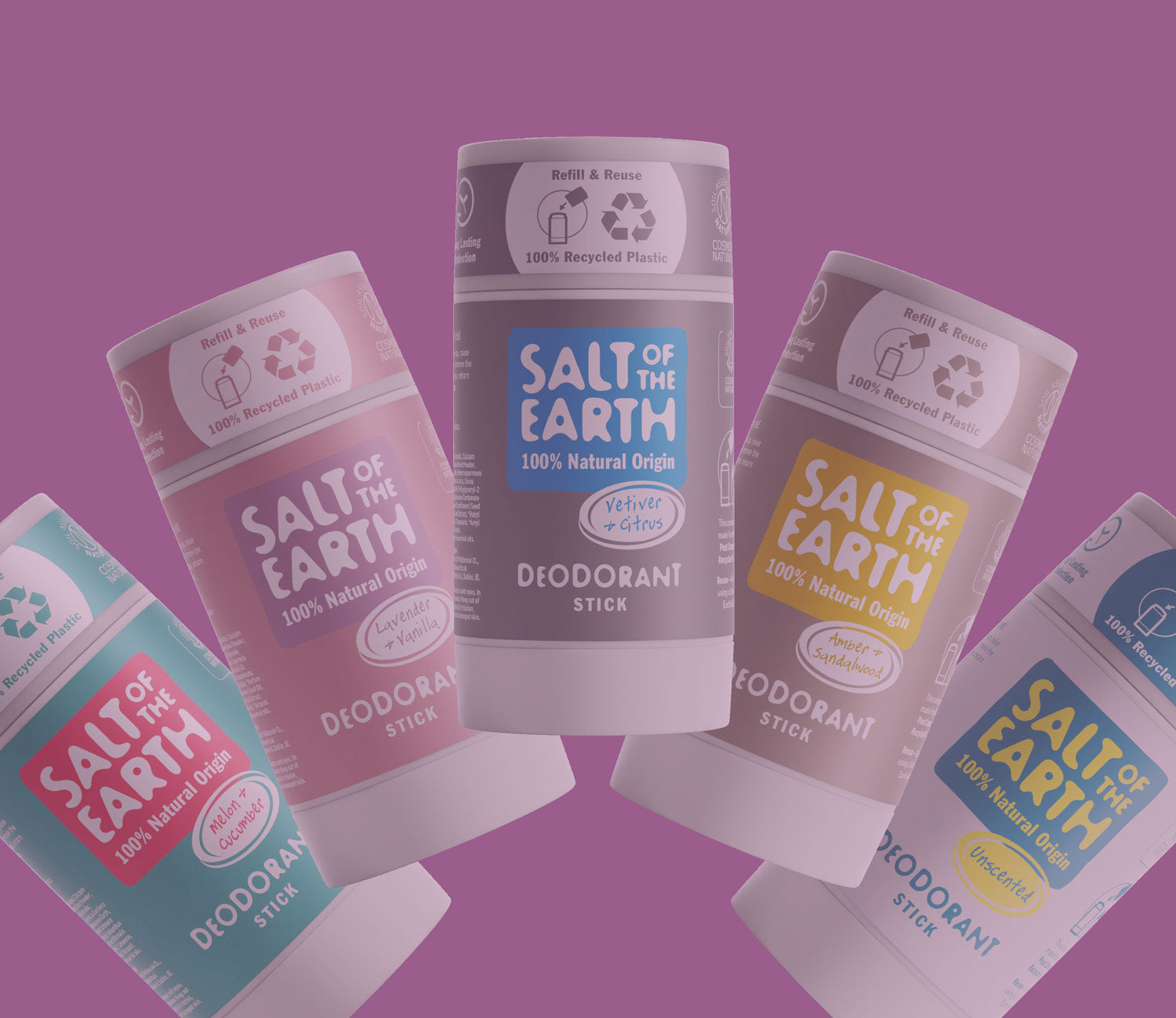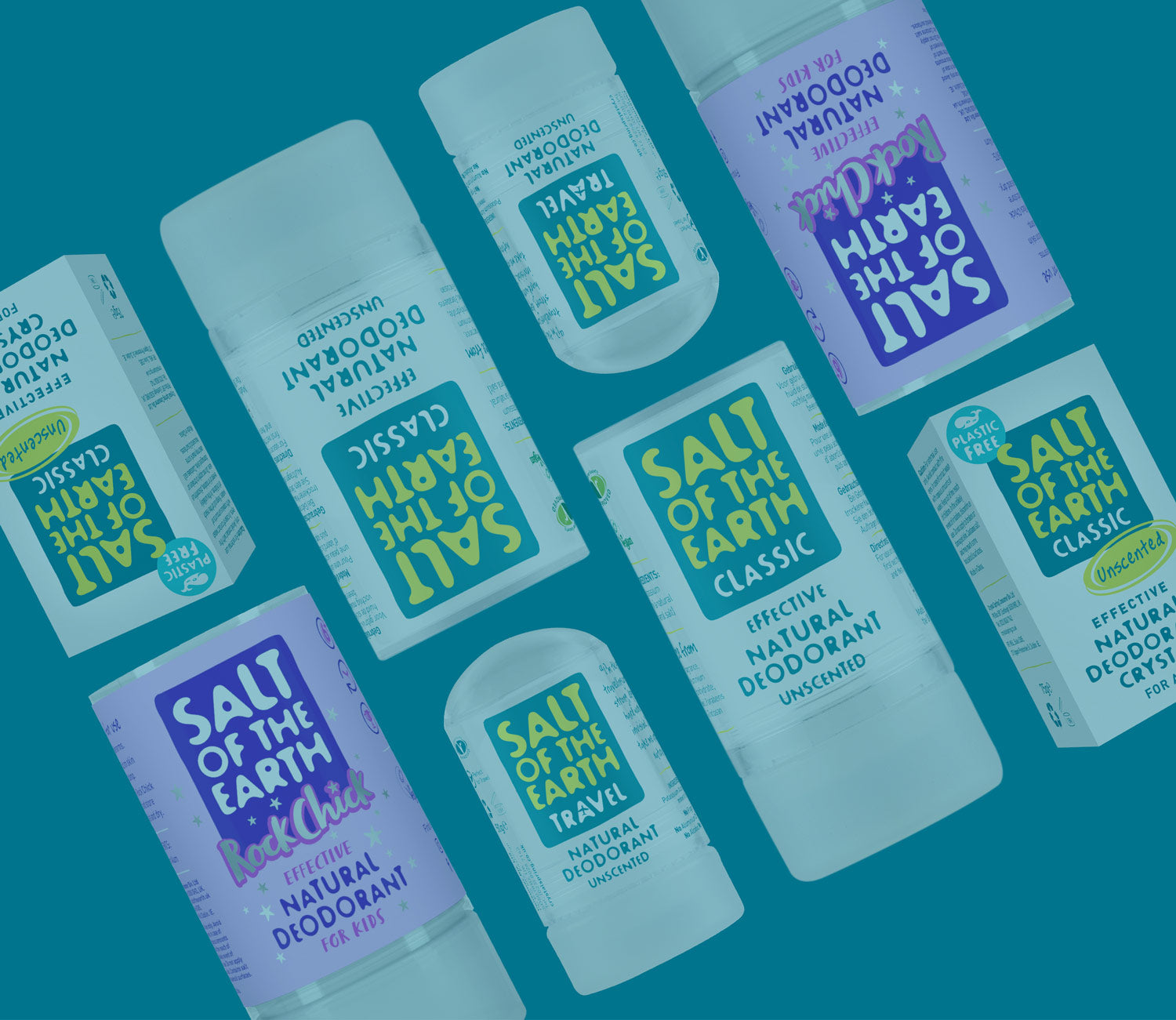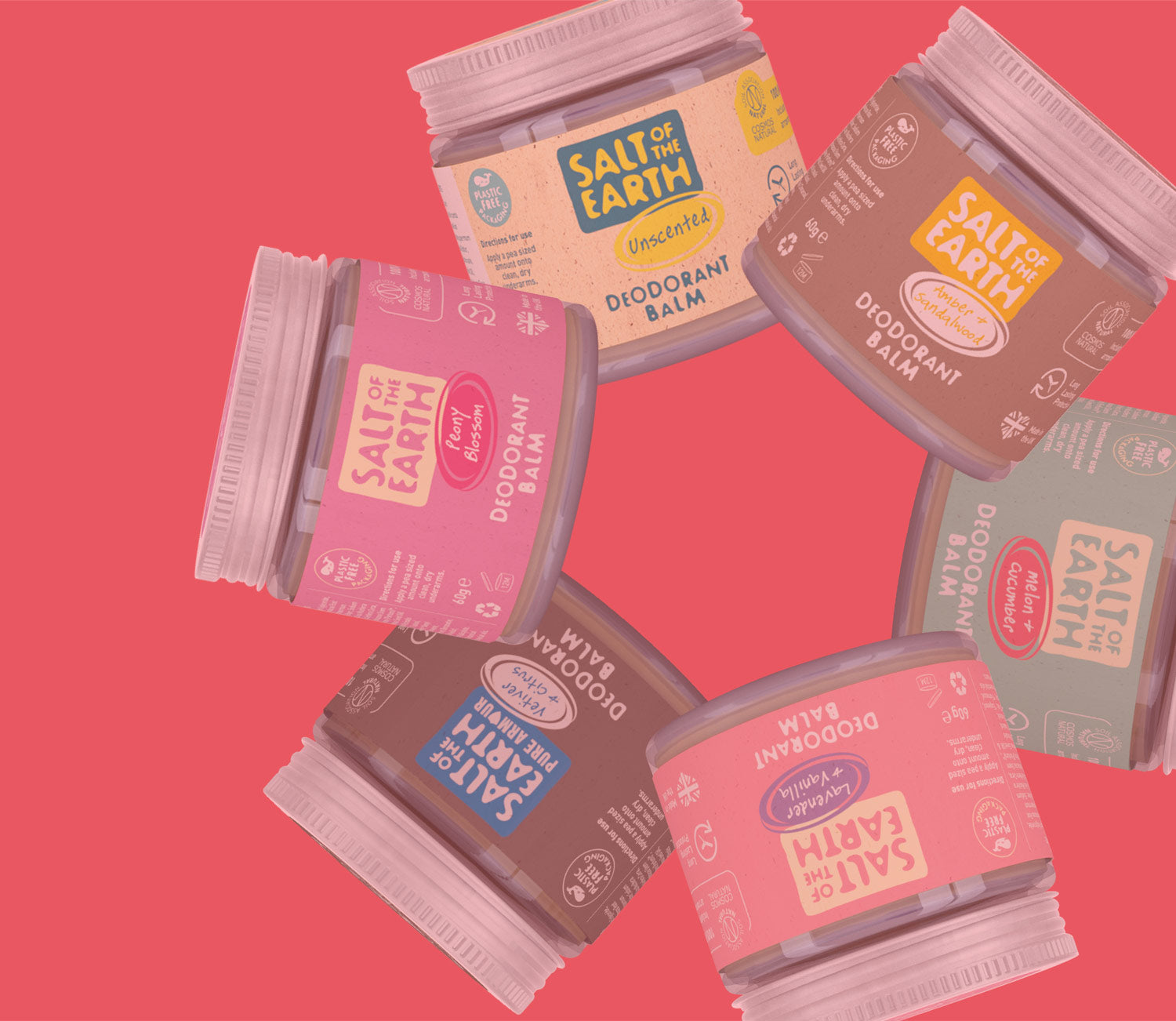Thomas Laird, Managing Director of Salt of the Earth, talks to Organic & Natural Business Magazine about the growth and evolution of the natural deodorant market, and the consumer concerns which are driving this growth:
Is awareness growing around the issues connected to using conventional deodorant products?
The demand for our Salt of the Earth range of natural deodorants has increased exponentially over the last 2 – 3 years, a result we believe of several factors, one of which being greater awareness of the issues surrounding antiperspirant use. However, this growth can also be attributed to the vast improvement in the quality and effectiveness of natural personal care products in recent years, and their increasing attractiveness to consumers committed to a healthy lifestyle.
What are the issues that retailers should be educating their customers about?
Conventional antiperspirants reduce body odour by using a synthetic ingredient (typically Aluminium Chlorohydrate) to ‘plug’ the skin’s pores, and artificially impede one of the body’s key physiological processes - sweat formation. Chemical preservatives and antimicrobials, such as parabens, triclosan and MI (the type of ingredients found in household cleaning products and sanitisers), are also contained within most traditional deodorants. It is the inclusion of synthetic, chemical compounds like these, and in particular, the use of Aluminium Chlorohydrate which, when combined with the prevention of sweat formation, has sparked debate over the safety of antiperspirant use, and has led some countries (including the US) to classify these types of deodorants as Over The Counter (OTC) drugs.
Looking specifically at deodorants, what ingredients should be avoided?
The link between Aluminium Chlorohydrate and breast cancer is the subject of fierce ongoing debate among researchers. Once applied to your body, this metal compound is absorbed into the skin’s pores, forming a physical ‘plug’ against the excretion of sweat. This obstruction disrupts the natural perspiration process, which your body uses as both a cooling mechanism, and a way to expel toxins. It has been suggested that the Aluminium Chlorohydrate contained within the ‘plug’ is then absorbed into the blood stream, causing changes in the oestrogen receptors of breast cells. Because oestrogen can promote the growth of cancerous (and non-cancerous) breast cells, some scientists have claimed that aluminium-based antiperspirants may increase breast cancer risk. However, while multiple studies have investigated aluminium absorption and the content of breast tissue, to date no clear evidentiary link to cancer has been identified.
There is also an ongoing dispute relating to the suitability of paraben use in traditional antiperspirants. Parabens are a class of artificial preservatives, widely used in cosmetics and personal care products, which mimic the action of oestrogen in the body. This oestrogen/cancer link has led to a great deal of ongoing research to establish whether parabens are safe for long-term use.
Another typical deodorant/antiperspirant ingredient, Triclosan, has been linked to liver toxicity and fibrosis in several studies, including recent research published by the National Academy of Sciences. Triclosan is currently under investigation by the Food and Drug Administration (FDA) in the US, due to reports that it can cause hormonal disruption and impair muscle contraction.
Finally, MI (methylisothiazolinone) is a preservative used in a wide range of shampoos, moisturisers, antiperspirants and shower gels, as well as in paint. Some dermatologists believe that the increasingly widespread use of MI has led to a steep rise in allergies known as contact dermatitis, where the skin becomes red and itchy, and can sting or blister.
What alternatives do you use to be able to avoid such chemicals?
In contrast to traditional antiperspirants, natural deodorants do not suffocate or ‘plug’ pores, but instead create an invisible layer of mineral salts (potassium alum) on the skin, inhibiting the growth of odour-causing bacteria. The result is long-lasting, effective protection, without impeding your skin’s ability to breathe. By their very nature, natural deodorants do not contain synthetic ingredients like parabens, alcohol or aluminium chlorohydrate, but instead comprise soothing alternatives, like aloe vera to enhance skin-calming properties, and triethyl citrate, a natural antioxidant, deodorant, masking and solvent agent.
How do you think this market will evolve in the coming year?
We believe that the market will continue to grow, as consumers become increasingly mindful in their product selections, and natural solutions become more easily accessible. I would suggest that consumers will also start to demand more from the market – requiring products to go beyond mere effectiveness, and to offer more general skincare benefits. As an example, in response to customer demand, we are set to launch an improved Salt of the Earth Natural Deodorant Spray in the next few weeks which has enhanced moisturising properties, and an improved texture when applied to the skin.
Do you have anything new to market?
In addition to the improved Natural Deodorant Spray, we have recently launched a new Salt of the Earth Natural Foot Spray. This unisex deodorant, specially formulated for feet, offers long-lasting effective protection from foot odour, and contains skin-soothing aloe vera and cooling menthol, which is widely believed to have anti-fungal properties.
